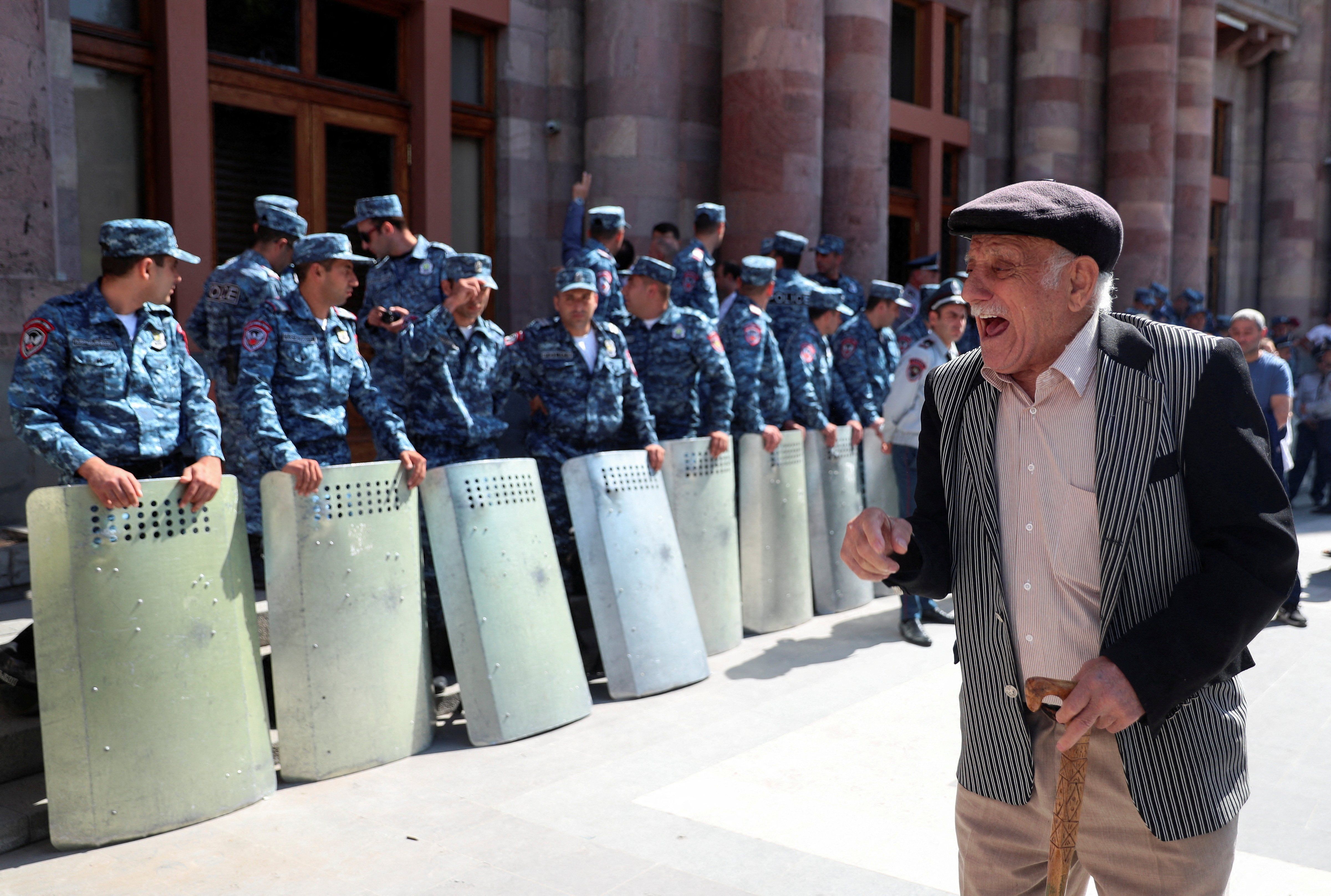It was a quieter day at UN headquarters on Thursday. With US President Biden back at the White House – accompanied by Ukraine’s Volodymyr Zelensky – the crowds had thinned somewhat and fewer delegates could be found attending the debate in the UN General Assembly hall.
Much of the focus was on the crisis in the enclave of Nagorno-Karabakh, where this week Azerbaijan launched a fresh assault on ethnic-Armenian separatists there, who then reportedly agreed to surrender and disarm as part of a ceasefire. Azerbaijan now looks set to take control of the enclave that's seen decades of conflict.
(For more on the recent flare up and its historical context, see our write up here.)
This was the focus of an urgent UN Security Council meeting called by the Armenian and French delegation on Thursday afternoon. Though they aren’t currently Council members, both Armenia and Azerbaijan attended the session to voice their grievances.
The focus of the Armenian representative reflected a sentiment that has been heard many times throughout the week, namely, that the UN Security Council is broken.
Armenian Minister of Foreign Affairs Ararat Mirzoyan said that the chamber had failed to respond to previous warnings from Yerevan that the Azeris had been upping their attacks on the enclave. Indeed, this came a day after President Zelensky took aim at the Security Council for falling short of its stated mission by letting Russia torpedo efforts to stop the war. (See GZERO's explainer on Instagram on this ensuing debate.)
Despite Karabakh’s acceptance of a ceasefire, shelling continues, Mirzoyan said. The US, for its part, backed this claim, with UN Ambassador Linda Thomas-Greenfield telling the Council that the “situation on the ground remains dire.”
What’s on deck tomorrow?
Israel’s PM Benjamin Netanyahu will address the Assembly, along with Dutch PM Mark Rutte, Bangladesh’s PM Sheikh Hasina, and Haitian Prime Minister Ariel Henry.
